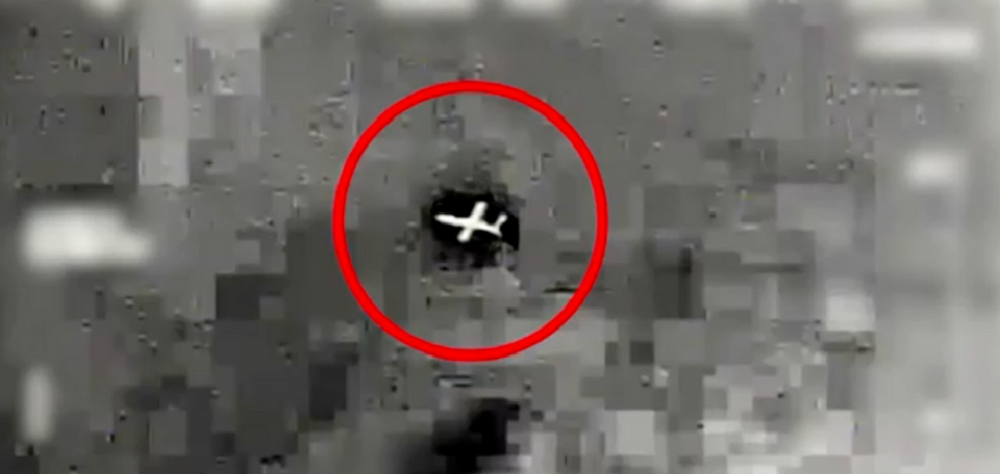Alwaght- On Sunday, Lebanese Hezbollah sent three drones to the Karish gas field Lebanon shares with the Israeli regime, asserting that their mission was reconnaissance and a message that was well sent.
Israeli officials claimed that the army intercepted and shot down the Hezbollah drones that were moving towards gas facilities. According to Hezbollah's statement regarding the success of this operation, it seems that before the downing of these drones, all the information of the drones was transmitted online to headquarters so that, if necessary, decisions would be made regarding the Israeli activities in the common gas field.
The drones flew over the field while US-mediated indirect Israeli-Lebanese talks are underway to determine the maritime borders and the Israeli and American officials are trying to conclude them in Tel Aviv interests so than Lebanon cannot take advantage of its Mediterranean energy resources and solve its problems.
According to confidential documents recently leaked, the US claims that according to territorial calculations, Lebanon has no share in the gas fields in the Mediterranean Sea and all these resources belong to the Israeli regime. Therefore, at the same time of the Israeli side's excessive demands on the negotiating table, Hezbollah is trying to make the American envoybto the talks understand that he should be neutral in the negotiations and also to increase the bargaining power of Lebanon by supporting the Lebanese negotiators. It also contains the message for the Israelis that Hezbollah is serious in declaring its principal positions in support of Lebanon's rights at any cost for the Israelis not to miscalculate.
In recent weeks, Hezbollah repeatedly warned Tel Aviv it was ready for military confrontation over the gas field dispute, and deployment of these drones marks a warning shot to Tel Aviv, telling it Lebanese resistance would not sit on its hands and use all its potentials to deal blows.
Israeli allegations that Hezbollah sent the drones over Karish gas field for operations are invalid, because if the movement had plans for military action, it could easily strike Israeli facilities. Therefore, its main purpose was data collection to block Israeli licentious actions to plunder Lebanese resources.
Another important point about the drone deployment is the recent moves by some regional actors against Axis of Resistance, a regional alliance opposing American projects in the region. Since Israeli regime and some compromisng Arab states are seeking to form a military alliance against Resistance camp under what they call Middle East Air Shield, Hezbollah sent its drones to tell Arab capitals that Tel Aviv which cannot defend itself cannot defend them in case of a massive war. Israel's air defense systems, which are planned to be sold to Arab countries, are incapable even against Hizbollah's reconnaissance drones, and without a doubt, they will not do anything against powerful missiles.
The Israeli air defense incapablity was obvious from entry to its territories of "Hassan drone" earlier this year. The drone perplexed the Israeli Air defenses and fighter jets for a short time and imposed high costs on the Israelis. The stealth drone confused Tel Aviv in a way as if a full-scale military strikes were carried out.
The Israelis have made many moves on the border with Lebanon in the past decade. From installation of advanced radars to the strengthening of the Iron Dome system are the measures that have been taken to counter the military power of Hezbollah, but they have failed to achieve their goals and the Israeli skies has become the freeway of Hezbollah's drones, easily intruded whenever the Lebanese movement wishes.
While Israel is pushing to seize Lebanese resources in the Mediterranean to meet its European allies' energy needs, Hezbollah drone deployment asserted to Tel Aviv that it will not retreat even an inch from its insistence on securing Lebanon's rights even if it takes war.



























